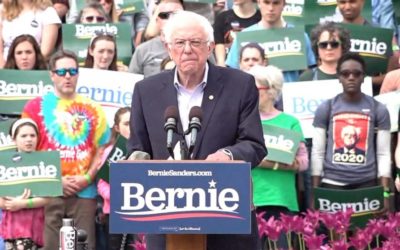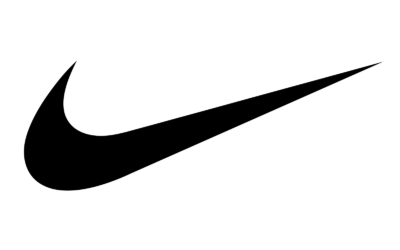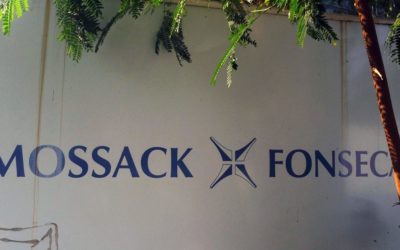Perfectly Legal, But Wrong
When “perfectly legal” is a lame excuse for doing the wrong thing
Business Ethics
Red Alert: Your Boss Can Force you to Attend a Socialist Political Rally!
It’s true, and it’s so wrong. As U.S. laws are written, employers can fire or demote you for any number of reasons, as long as they don’t offend federal or state statutes. These include statutes that protect employees from discrimination based on race,...
Kasky vs. Nike and the quarrelsome question of corporate free speech
The year of 2001 probably was not Nike, Inc., finest moments given that misleading statements that it made to the press and to the public about its operations in Southeast Asia labor activist opened a whole can of worms about whether the First Amendment applies to corporations making false or misleading statements.
After the U.S. Supreme Court agreed to review the decision, numerous business interests aligned with Nike’s appeal. Twenty-eight organizations and the U.S. government filed briefs as “friends of the court” to argue that Nike’s statements should be fully protected by the First Amendment.
Should Starbucks Have Called the Police?
Should Starbucks Have Called the Police? In April of 2008, Starbucks was in the news when a manager in a downtown Philadelphia Starbucks called the police to arrest two young black men who were asking to use the bathroom without purchasing anything from the store....
The 2008 Meltdown: Why the Guilty Wall Street Folks Were Never Punished
https://onlinelibrary.wiley.com/doi/10.1111/ablj.12033
Read more
Greed is good. Greed is right. Greed works.
We make the rules, pal. The news, war, peace, famine, upheaval, the price of a paper clip. We pick that rabbit out of a hat while everybody sits around wondering how the hell we did it. Now you’re not naïve enough to think that we’re living in a democracy, are you, Buddy? It’s the free market, and you’re part of it.
— Gordon Gecko, Wall Street
“Clean Hands and the CEO:” Equity as an Antidote for Excessive Compensation
At the top of the corporate pyramid sits the chief executive officer (“CEO”). Along with the board of directors, the CEO is primarily responsible for the success of the company. When companies fail due to a breakdown in governance or financial misconduct, shareholders lose. Other stakeholders lose as well, including competitors, employees, and ultimately the public at large.
Five key things to know about the Panama Papers
1. What are the Panama Papers? The Panama Papers are a massive trove of e-documents leaked (or possibly hacked) from a Panamanian law firm, Mossack Fonseca. The firm has 40 offices worldwide, and at least 80% of its business involves creating “shell companies” in tax...


